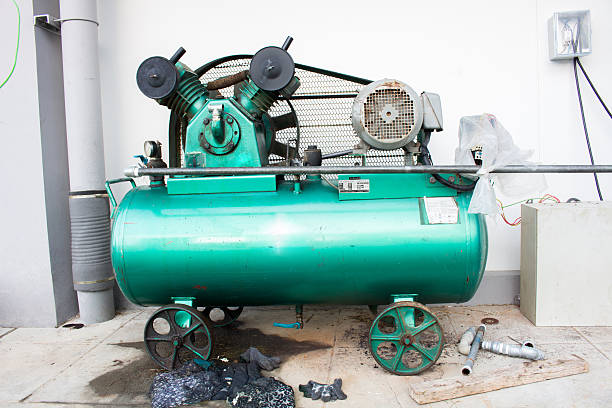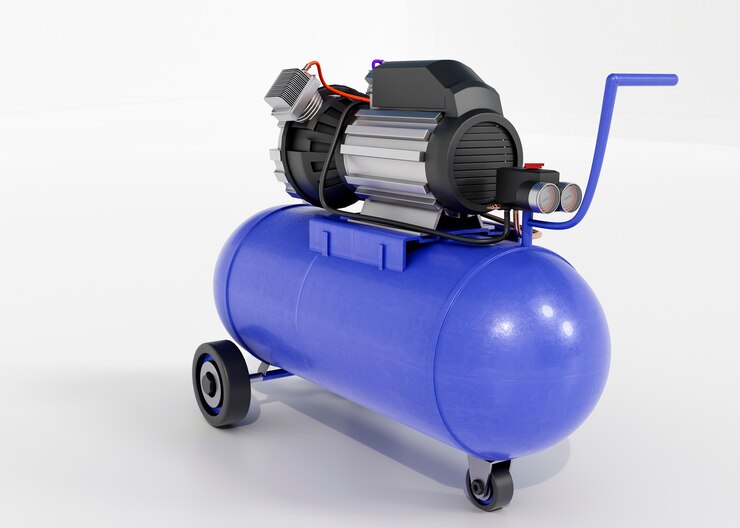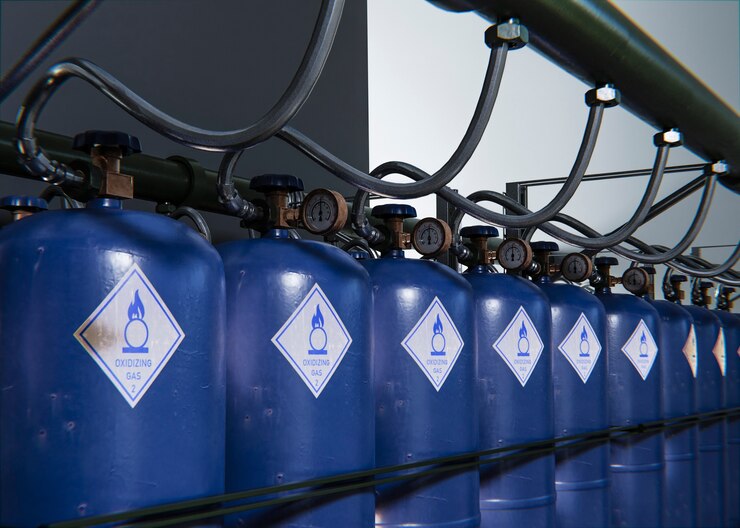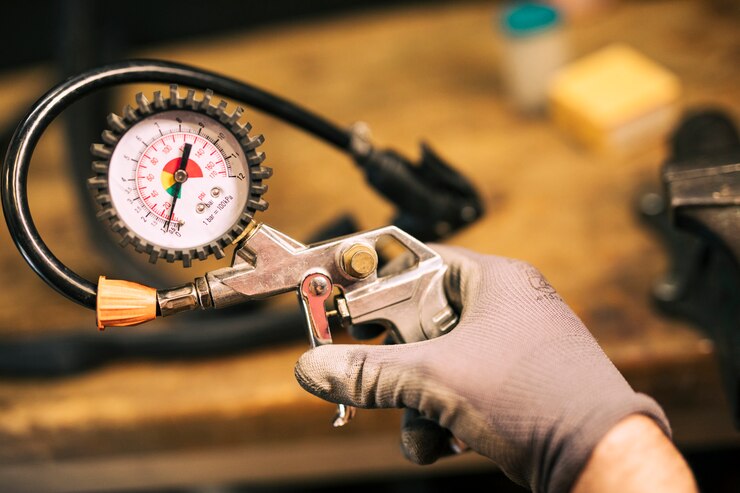Quincy Reciprocating Compressor: Power Up Your Industrial Needs Guide
Quincy Reciprocating Compressors: Powering Your Industrial Needs
Reciprocating compressors from Quincy Compressors, a well-known type in industrial air solutions are known for their dependability and efficiency. This thorough guide will give you the information you need to make decisions, whether you’re looking for the best Quincy reciprocating compressor for your particular needs, troubleshooting an existing unit, or researching Quincy reciprocating compressor specs.
Understanding Reciprocating Compressor Technology:
Reciprocating compressors sometimes referred to as piston compressors, work by compressing air by the movement of a piston inside a cylinder. Through an intake valve, air enters the cylinder when the piston retracts. The trapped air is then compressed by the piston and released at a greater pressure through a discharge valve. They repeat this cycle resulting in a continuous flow of compressed air.
Exploring the Quincy Reciprocating Compressor Lineup:
Quincy provides a wide range of reciprocating compressors, such as:
- QR-Series:
The premium, pressure-lubricated QR-Series is renowned for its quiet operation and extended lifespan. They are perfect for applications that need to run continuously at high-duty cycles.
- QP-Series:
The QP-Series is a pressure-lubricated, two-stage series made for demanding applications requiring pressure outputs up to 175 psi. Visit our website for comprehensive details on individual Quincy compressor models.
Quincy Advantage: Designed for Dependability and Effectiveness
With their range of reciprocating compressors, Quincy Compressors, a reputable industrial air solutions, has established a stellar reputation for quality. These compressors are a valuable tool for a range of industrial applications because of their well-known dependability and effectiveness. This section goes into further detail about what makes Quincy reciprocating compressor unique, emphasizing the salient characteristics that will help your company in the long run:
- Dependability in Durability:
Quincy compressors have a heavy-duty construction and are meant to last. They make use of premium cast-iron parts that are resistant to the demands of harsh industrial settings. Your return on investment is maximized by these sturdy designs, which reduce the possibility of malfunctions and guarantee a long service life.
- Optimal Efficiency:
To optimize energy consumption in its reciprocating compressors, Quincy uses cutting-edge technical concepts. This leads to air solutions that are affordable for your company. Reducing energy waste helps you save money on running expenses and promotes a more sustainable future.
- Reliability You Can Trust:
These reciprocating compressors have a stellar reputation for dependability. These compressors limit the chance of unplanned downtime and provide constant performance with regular maintenance. This means that your operations will be more productive and efficient.
- Versatile Solutions:
They provide a wide selection of reciprocating compressor types with different capacities for pressure and flow rate. This enables you to choose the ideal compressor to satisfy the particular requirements of your application. There is a Quincy compressor that can meet your demands, whether you need a constant air stream to power equipment or a high-pressure output for sandblasting.
Maintaining Your Quincy Reciprocating Compressor for Optimal Performance
For your Quincy reciprocating compressor to last a long time and operate at its best, regular maintenance is essential. The following are important upkeep procedures:
- Frequent oil changes:
To determine the recommended oil change intervals and oil grade, see your Quincy reciprocating compressor manuals.
- Examining and replacing air filters:
A dirty air filter can decrease efficiency by obstructing airflow. As advised by the manufacturer, change your air filters.
- Drainage from moisture separator:
Components within might be harmed by excessive dampness. Regularly empty the moisture separator.
- Visual inspection:
Continually look for signs of wear and tear, loose connections, and leaks.
Quincy vs. Rotary Screw Compressors: Choosing the Right Fit
Although both compressors are strong industrial workhorses, you may choose the best option for your requirements by being aware of their main distinctions.
Comprehending Reciprocations:
Benefits include a simpler design, a lower starting cost, and efficiency with sporadic workloads.
Compressors with rotary screws:
Benefits include smoother air production, decreased maintenance needs, and continuous duty functioning. A Quincy reciprocating compressor would be preferable. However, a compressor offers an outstanding blend of performance and cost-effectiveness for applications with occasional use or a budget in mind.
Finding the Right Quincy Reciprocating Compressor for You
When choosing the best Quincy reciprocating compressor for your application, there are several things to take into account. You may pick the ideal solution to power your industrial applications with the help of this section, which will walk you through the process.

Knowing What Kind of Air You Need:
Pressure: Determine the lowest and highest pressure that the tools and equipment you want to use will demand. Select a type that easily satisfies your greatest pressure requirements from the variety of pressure capabilities offered by Quincy compressors.
Flow Rate (CFM): The amount of compressed air volume that your tools will use is determined by the CFM. Add the CFM ratings of all the tools you want to utilize at once to determine the total CFM needed. Add a 20–25% safety buffer to allow for unforeseen pressure decreases or future requirements.
Key Considerations When Choosing Your Quincy Reciprocating Compressor:
- Horsepower (HP):
More horsepower is usually equivalent to more air output. When choosing the horsepower, take into account the duty cycle of your application.
- Two-stage vs. single-stage compressors:
Single-stage compressors are better suited for applications requiring moderate pressure as they provide air at a lower pressure. Higher pressure outputs are available from two-stage compressors, making them appropriate for heavier jobs.
- Oil-free vs. lubricated:
While lubricated compressors are more resilient and efficient, they nevertheless need to have their oil changed frequently. Compressors without oil require no oil changes; nonetheless, their starting costs may be greater and their efficiency may be slightly lower.
Conclusion:
The organization possesses sophisticated technical testing facilities and techniques, drawing from its vast expertise in both design and manufacture. LEiYAO Compressors offer customizing designs, production processes, and installation to meet the requirements of clients. Visit our website to check amazing compressor.



